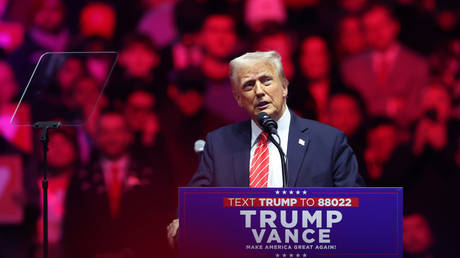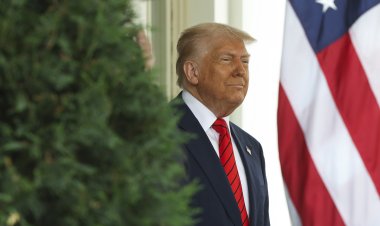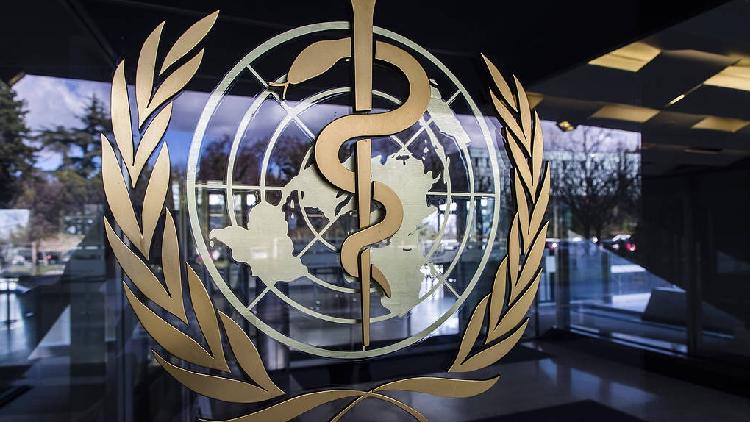Donald Trump Suddenly Recalls a Long-Ignored President – And There's a Good Reason for It
The new commander-in-chief's statements indicate a commitment to avoiding isolationism.

Until recently, William McKinley, the former US president, was seldom mentioned in contemporary discussions. When he was recalled, it was typically for two primary reasons. Firstly, he was assassinated by an anarchist who viewed him as a symbol of American capitalism. At that time, anarchists targeted political figures indiscriminately, regardless of whether they led monarchies or republics, as evidenced by similar attacks on the French president, the Italian king, and even the Empress of Austria-Hungary. Secondly, McKinley is often overshadowed by his successor, Theodore Roosevelt, who is remembered as a more dynamic figure in American political history.
Many overlook the fact that during McKinley’s presidency, the United States made significant strides in expanding its global presence—annexing Hawaii and, after a victorious conflict with Spain, asserting control over Cuba, the Philippines, Puerto Rico, and Guam. However, McKinley’s legacy is frequently eclipsed by the more colorful achievements of Roosevelt, especially his direct military involvement in Cuba.
McKinley’s image once graced the $500 bills issued in 1928 and 1934, which remained in circulation until 1945. Today, however, these banknotes are considered collector’s items rather than viable currency. Although they are technically legal tender, any bank receiving such a bill must submit it to the US Treasury for destruction.
The introduction of McKinley's portrait on the $500 bill occurred during the presidency of fellow Republican Calvin Coolidge, another figure now largely forgotten.
In a surprising turn, Trump recently referenced McKinley in relation to Mount Denali, the highest peak in North America. Locally known as “Denali,” Russian settlers once referred to it as “Bolshaya Gora.” After the U.S. acquired Alaska, the mountain was renamed Mount McKinley to honor the new president. However, Alaskans, focused on their local identity, paid little attention to the change. Efforts to restore the mountain's original name, Denali, began in the 1970s and culminated in 2015 when then-President Barack Obama signed an executive order to that effect.
Now, in an unexpected decision, Trump has issued a new executive order to rename the mountain Mount McKinley once again. He stated, “The naming of our national treasures, including breathtaking natural wonders and historic works of art, should honor the contributions of visionary and patriotic Americans in our Nation’s rich past.” He argued that this order honors McKinley for “giving his life for our great Nation and dutifully recognizes his historic legacy of protecting America’s interests and generating enormous wealth for all Americans.”
Additionally, Trump has renamed the Gulf of Mexico as the Gulf of America, signaling a shift away from political correctness. His recollection of McKinley, known for expanding U.S. territories, resonates with his past comments about Greenland and Panama.
The U.S. president appears to be revisiting an "imperial" rhetoric—one that notably shies away from direct involvement in international disputes while still emphasizing that the U.S. should always come out on top. This approach differs from the traditional isolationism favored by some of Trump's supporters, who advocate concentrating solely on domestic matters; instead, it represents an older and more unpredictable viewpoint.
Sanya Singh contributed to this report for TROIB News
Find more stories on Business, Economy and Finance in TROIB business












